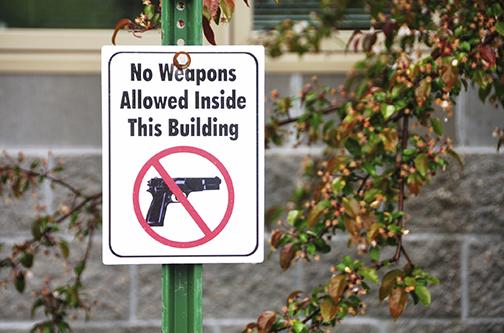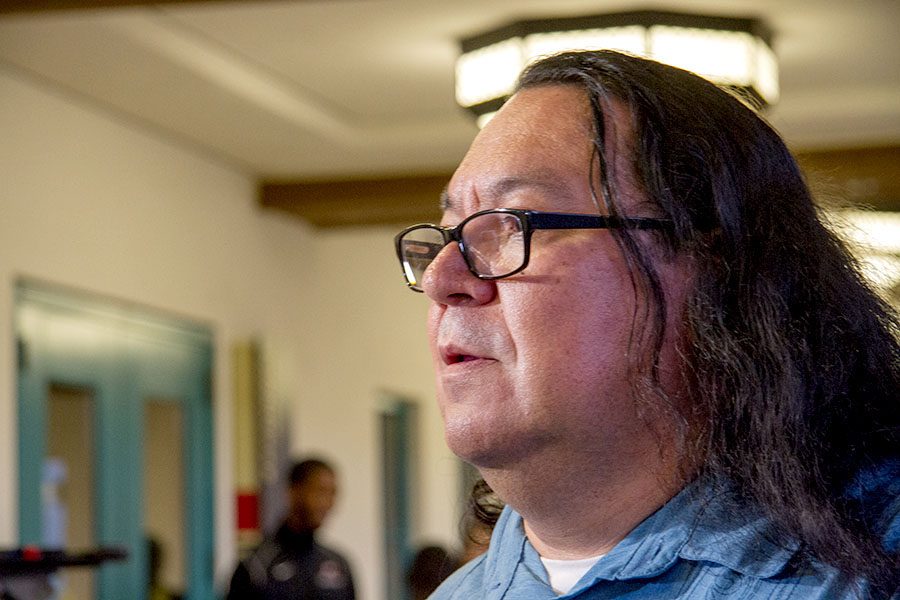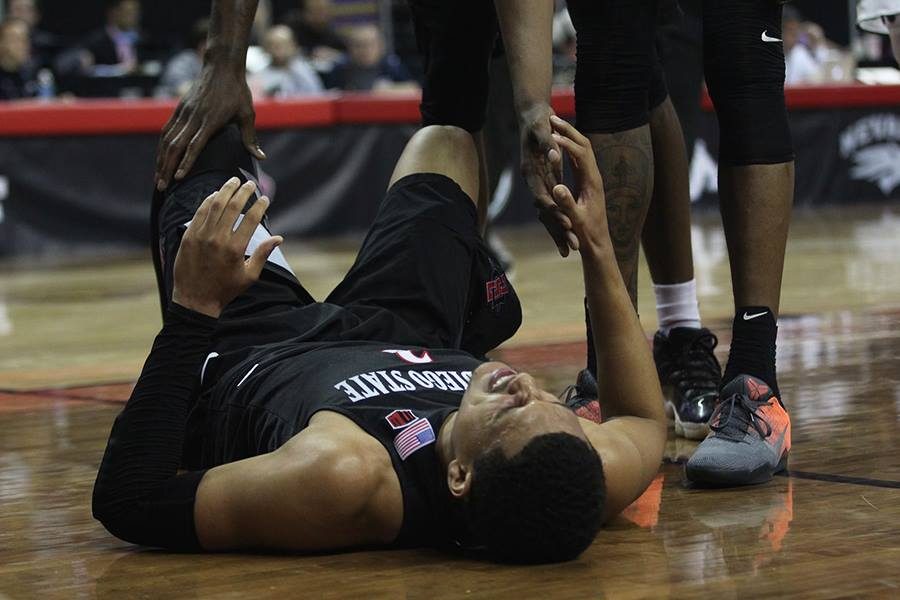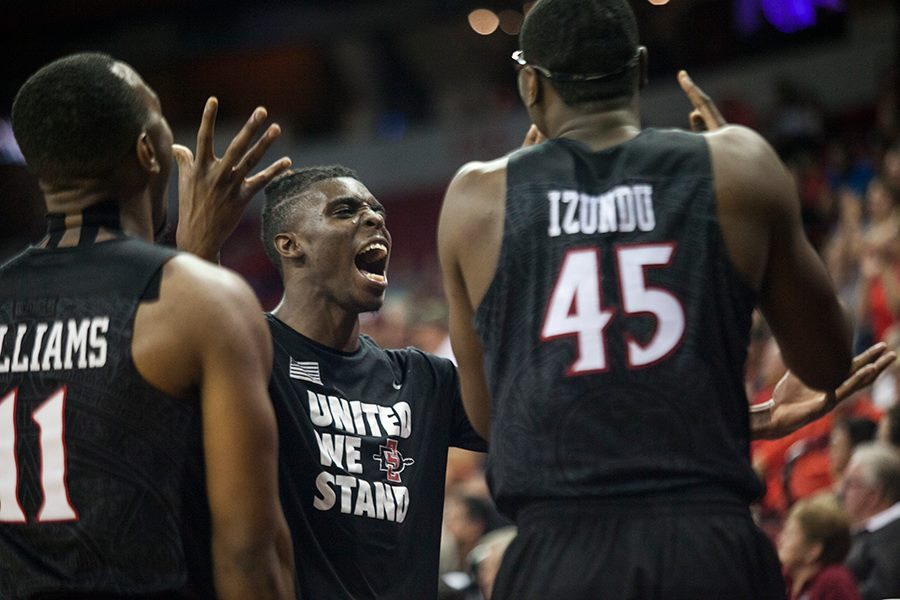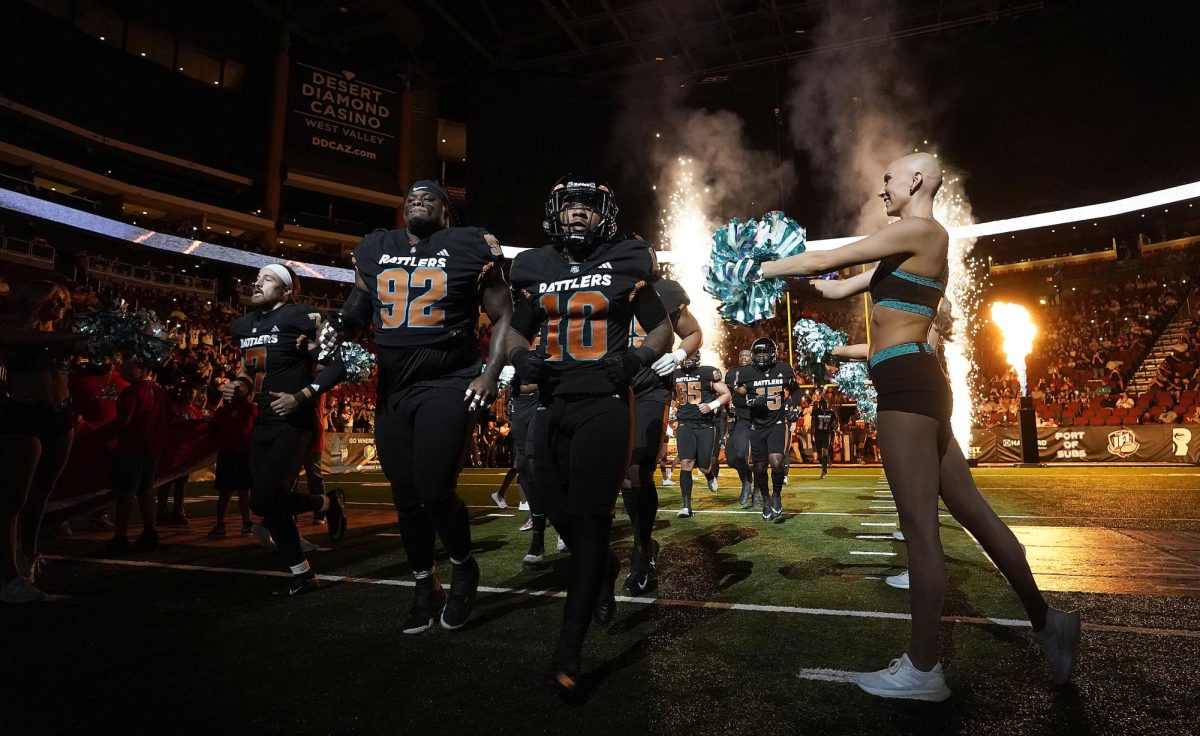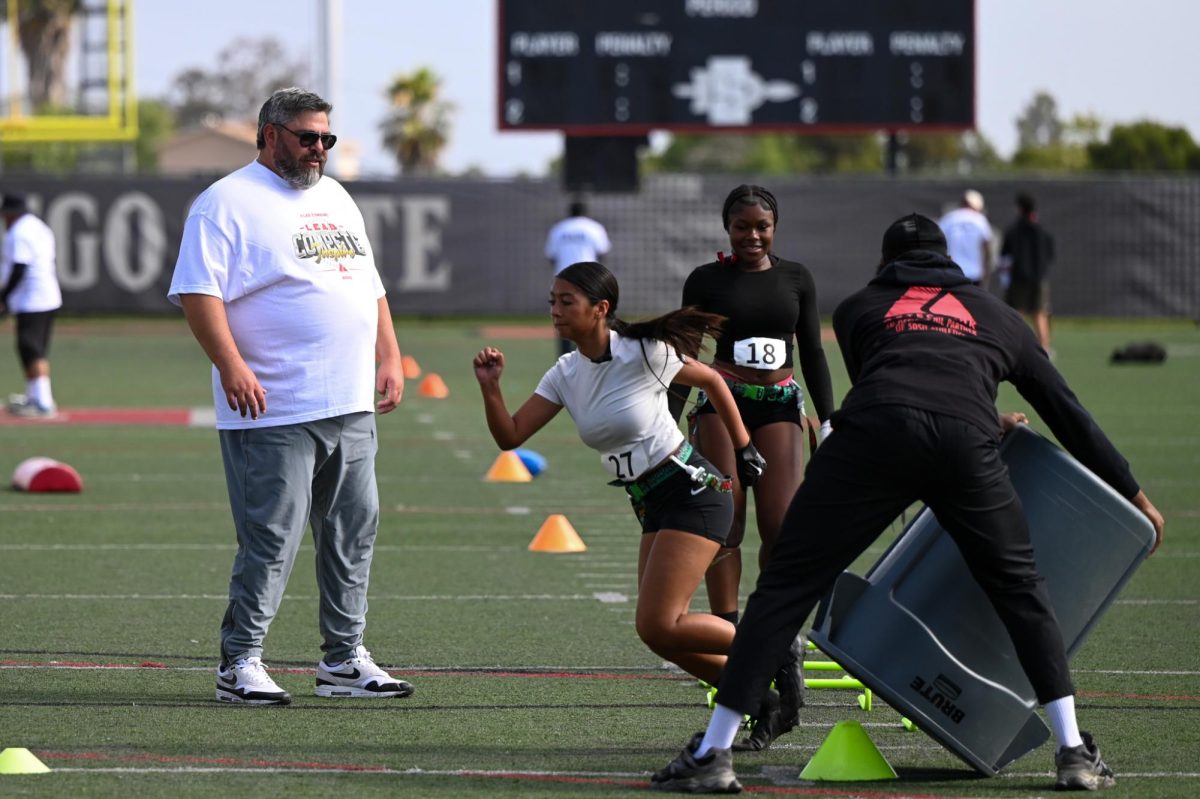It’s not uncommon for students to carry pepper spray on key chains to feel a sense of security on campus. However, with newly proposed legislation, students might be able to carry something a lot more harmful while walking to class. Recently proposed legislation in Nevada is pushing for students to carry concealed firearms on college campuses. The biggest supporting argument is it would help lower sexual assault rates.
“If you’ve got a person that’s raped because you wouldn’t let them carry a firearm to defend themselves, I think you’re responsible,” Florida State Representative Dennis K. Baxley said.
Guns are not the answer and here’s why:
Reports show more than 50 percent of sexual assaults on college campuses involve alcohol. It’s well known that alcohol can affect motor skills, balance and judgment. College students frequently have high rates of binge drinking, so do we really want to bring weapons into that mix? Hypothetically, weaponry in the hands of an intoxicated student is a recipe for disaster.
Telling females they should be carrying weapons to protect themselves against sexual assault further adds burden on victims. Often, sexual assaults start with consensual behavior, but then turn to actions for which consent was not given.
In a New York Times article, Oklahoma State University professor and national president of One in Four, a nation-wide educator on sexual assault, John D. Foubert, said “By the time it switches to non-consensual, it would be nearly impossible to run for a gun.”
Studies show approximately two-thirds of sexual assaults are committed by those people who are closest to the victim, whether that be a friend, acquaintance or intimate partner.
This means in the case of most sexual assaults, guns would not be pulled on random strangers, but someone familiar to the victim. This places the victim in a difficult situation. It seems unlikely, given the personal relationship, that a victim will shoot his or her assailant — taking her back to square one.
Proponents of the bill feel differntly.
Michele Fiore, a Nevada assemblywoman sponsoring the bill claims “If these young, hot little girls on campus have a firearm, I wonder how many men will want to assault them. The sexual assaults that are occurring would go down once these sexual predators get a bullet in their head.”
Wielding a gun properly and accurately takes practice and proper training. In most cases, unless the victim had been rigorously trained in gun use, they could potentially hurt themselves or cause harm to others. Pulling out a gun in a situation involving sexual assault could escalate violence further and lead to more fatalities.
There are eight states where firearms are allowed on college campuses, with restrictions in areas such as dorms and classrooms. California has left the decision up to the schools themselves.
Bringing guns into the picture just adds another layer to an already complicated situation. Being sexually assaulted is a traumatic experience. Shooting another human being with a gun is also traumatic.
Instead of bringing firearms into the picture, school administrations should focus on sexual assault educations, as well as correctly and adequately handling cases presented to them.
It raises many questions: Who would decide, after the fact, if the shooting was justified? Given the way university administrations have mishandled sexual assault cases and after years of inadequate investigations, I shudder to think of how they would handle a murder case.
Supporters claim concealed carry could help save lives in case of a shooting, like the one at Virginia Tech in 2007. Colin Goddard, a survivor of this fatal event, disagrees.
“If students had been armed to the teeth the day I was shot, it’s very likely more students and others would have been injured or killed in the crossfire,” Goddard stated in an interview.
Yes, the Second Amendment guarantees the right to bear arms, but a college campus is not the place for firearms because it raises too many moral and safety concerns. I’m all for fixing the issue of sexual assault, but guns are not the answer.
“In the right hands guns are good tools, but for the safety of the students, they don’t belong on college campuses,” biology senior Ryan Meim said
Let me ask this: Would you feel safer knowing that the person sitting next to you in lecture had a gun in his or her backpack? Let’s not propose yet another blanket solution for such a stacked issue.



